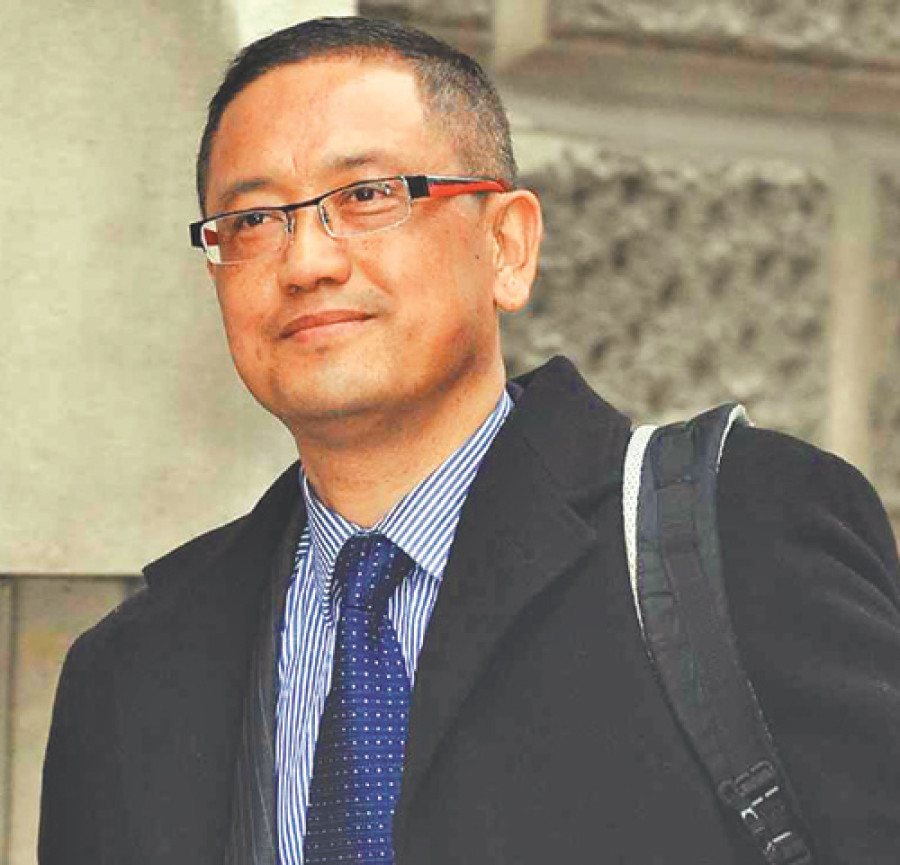Miscellaneous
UK court acquits Lama of charges
A British court has acquitted Nepal Army Colonel Kumar Lama on both the charges related to insurgency-era torture in Nepal on which he had been detained in United Kingdom since 2013.
Nabin Pokharel
A British court has acquitted Nepal Army Colonel Kumar Lama on both the charges related to insurgency-era torture in Nepal on which he had been detained in United Kingdom since 2013.
The Central Criminal Court on Tuesday cleared him of the charge of torturing Janak Raut at the Gorusinghe barracks in Kapilvastu district in 2005.
On August 1, the court had acquitted him in the case of Karam Hussein, while the 12-member jury had failed to arrive at consensus on the second count. The Crown Prosecution Service has also taken decision not to proceed to a re-trial of the case.
Col Lama was arrested three years ago in the UK under the universal jurisdiction on charge of torturing the two alleged Maoist rebels when he was in charge of the Army barracks in Kapilvastu. Hussein and Raut were arrested during the Maoist insurgency on the suspicion of assisting the rebels. The court in Nepal had established torture against the duo but the jury hearing Lama’s case in Britain found the evidence they heard did not meet the threshold to convict him. The sentence for torture in general practices could be up to 15 years in jail.
Col Lama, while serving in the United Nations peacekeeping force in South Sudan, was arrested in Britain under the universal jurisdiction, which allows prosecution of individuals for torture and war crimes regardless of where the alleged offence took place.
Lama had been denying both the counts of inflicting severe pain or suffering all along. “Truth has prevailed,” Lama told the Post, as he appeared out of the court, accompanied by his daughter. “This is the victory of justice.”
Rights activists have taken the court verdict as a watershed moment for Nepal’s transitional justice.
“We should understand that not all accused are convicted,” said Advocate Govinda Bandi. “It is the court that decides on the basis of evidence whether someone is innocent or guilty. But the question is whether we are ready to investigate cases through an independent court.”
“Although the proceedings against Col Lama have been brought to an end, the case has already established that the door of universal jurisdiction for the victims of torture and other serious violations is open in the UK and beyond. The experiences that we have gained will help to find justice in other similar cases and to continue with our fight against impunity in Nepal,” said Mandira Sharma, the rights lawyer who took up the case.




 16.12°C Kathmandu
16.12°C Kathmandu










